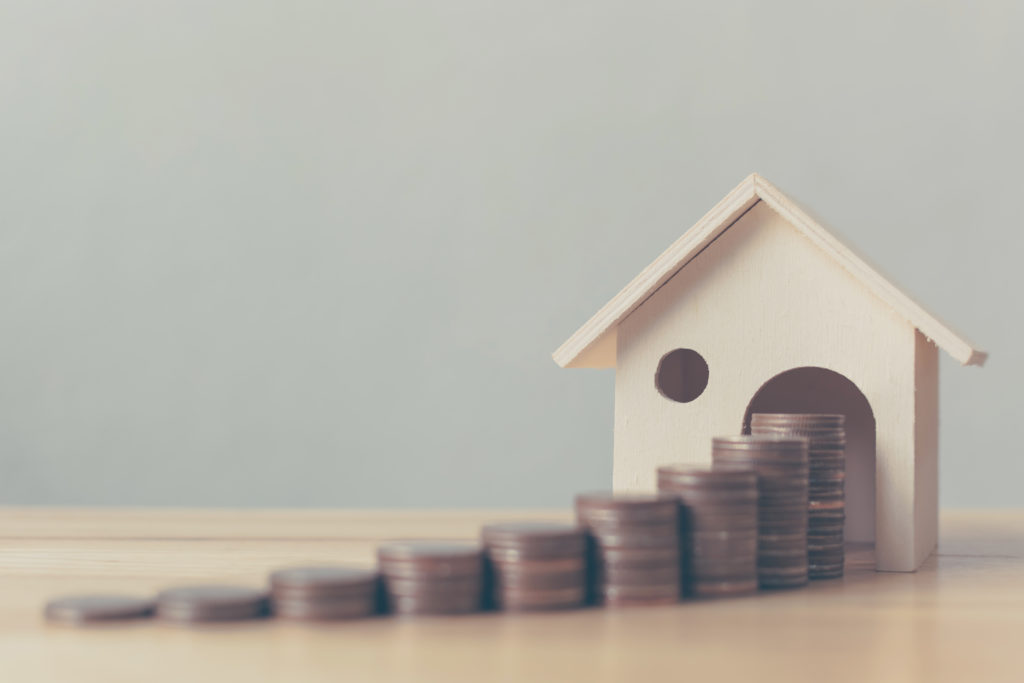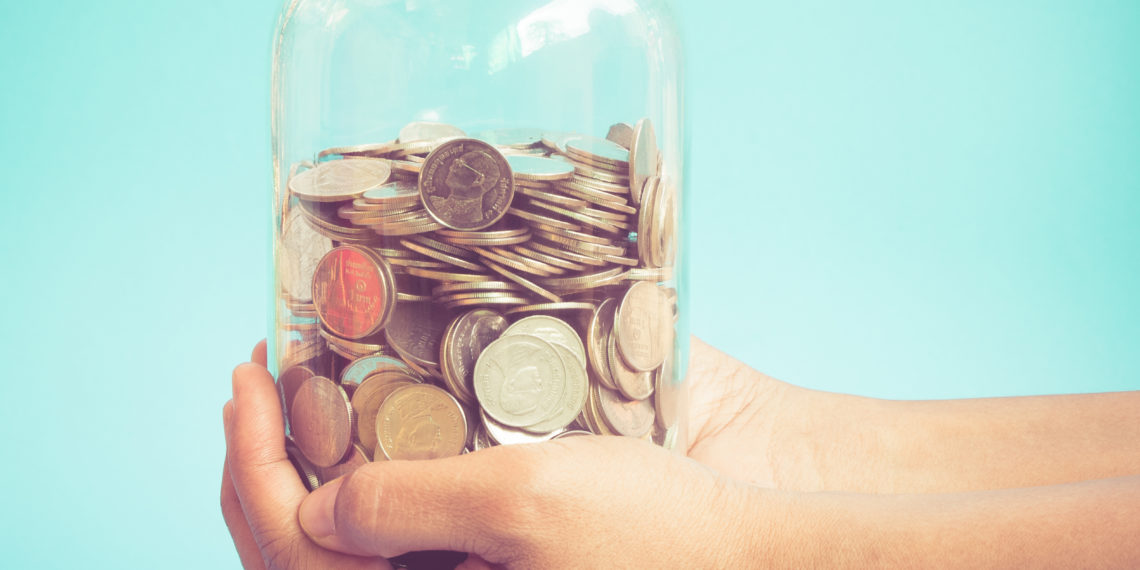If you’ve ever looked at your bank statement at the end of the month and got a nasty shock, then you need to learn how to properly utilize a budget. Here are 10 simple tips to help you stay on track and never fall into a hole of debt again.
Get organized
Don’t leave your finances to mere guessing. You need to know what you might be spending over the month. Sit down with your family and discuss your earnings, how much you can allocate to entertainment, food, rent, and all other expenses.
Use your past bank statements as a guideline to see if you’re way over budget. And check off things that are useless and can be eliminated. Using an accounting software can help you get organized quickly too.
Be realistic with your budget
You need to be realistic with some of your purchases. If you check your statement and see that you’re spending way too much on entertainment every week then consider ways you can cut back on it. Allocate it towards more meaningful purchases instead.

Reward yourself
Just because you’re setting a strict budget to be more responsible doesn’t mean you need to lose your lifestyle. It’s perfectly alright to still set aside some money to treat yourself. Just be sure to use your budget as a general guideline so you don’t overspend.
Create annual, quarterly, monthly budgets
Learn to set up budgets that you must meet monthly. When you have that settled, add a little extra breathing room for your quarterly budget, and then try it out for your annual earnings. This will leave you with some extra spending money that you can choose to splurge with at the end of the year!
Write down everything you purchase
Keeping track of everything by writing it down gives you a physical picture of how much money you’re spending. You might notice some of your habits are too out of hand, such as spending $20 a day on fast food. Check back what you write down, and learn from your budget.

Eat at home
Eating at home is always one of the easiest ways to cut expensive restaurants, fast food, and entertainment bills in half. Eat most of your meals at home. Always make sure to stick to your grocery list.
Of course, you still need to watch your grocery budget or it could skyrocket as well. Stick to healthy meals that you can prepare at once and meal prep if you find yourself struggling for time in the kitchen.
Put the credit cards away
Credit cards make it tough to track expenses sometimes as you don’t pay them right away. You might catch your credit card debt piling up without you even noticing. Keep your credit cards safe somewhere in your home.
Only bring them out when you need something that requires them, such as an online purchase, or going on vacation. Always discuss beforehand with your partner if you two are joint negotiators on your finances.

Eat within reason at restaurants
You can still have a great time at restaurants, just make sure to not go too overboard! Alcohol usually adds a huge expense at restaurants, as well as steaks, seafood, and other large proteins.
Try to keep it small, with dishes you enjoy. Then you will never have to worry about racking up a huge restaurant bill.
Cash purchases
Take your monthly amount of cash you were meant to spend out of the bank and place it in an envelope. There you have all your cash for the month.
This will give you a tangible amount to look at to see if you’re overspending. Or perhaps you’re even underspending and having a large amount left to spend on some entertainment at the end of the month.
Challenge yourself
Make it a game to challenge your monthly budget goals each time. If you met your goals in one month but don’t have too much left over, try to hit an even smaller goal the month after. Creating it into a game will make it feel less like a chore.















![What to with Scrap Metal? [infographic]?](https://facts-homes.com/wp-content/uploads/2019/07/645413-POPYOV-391-120x86.jpg)







